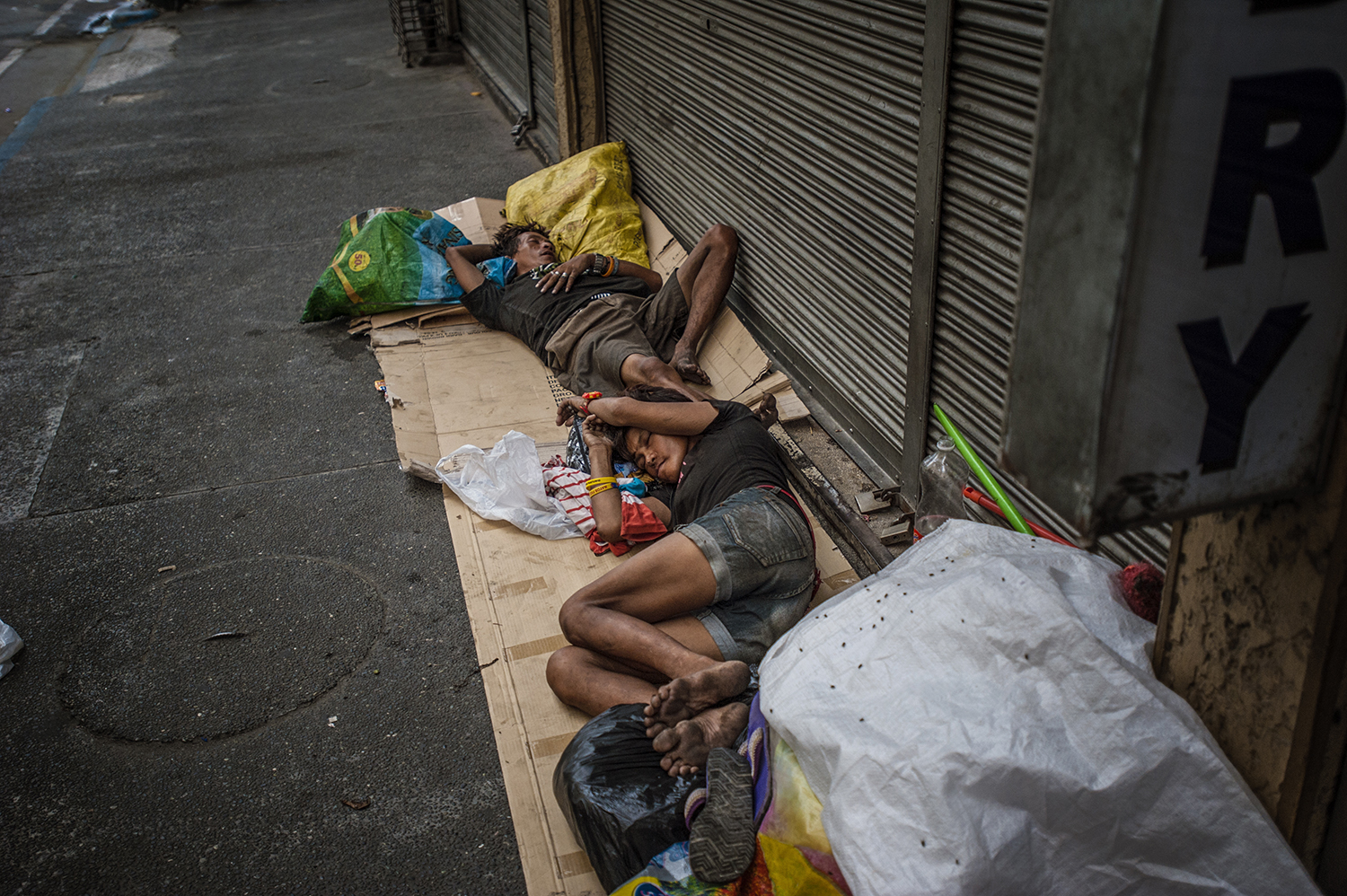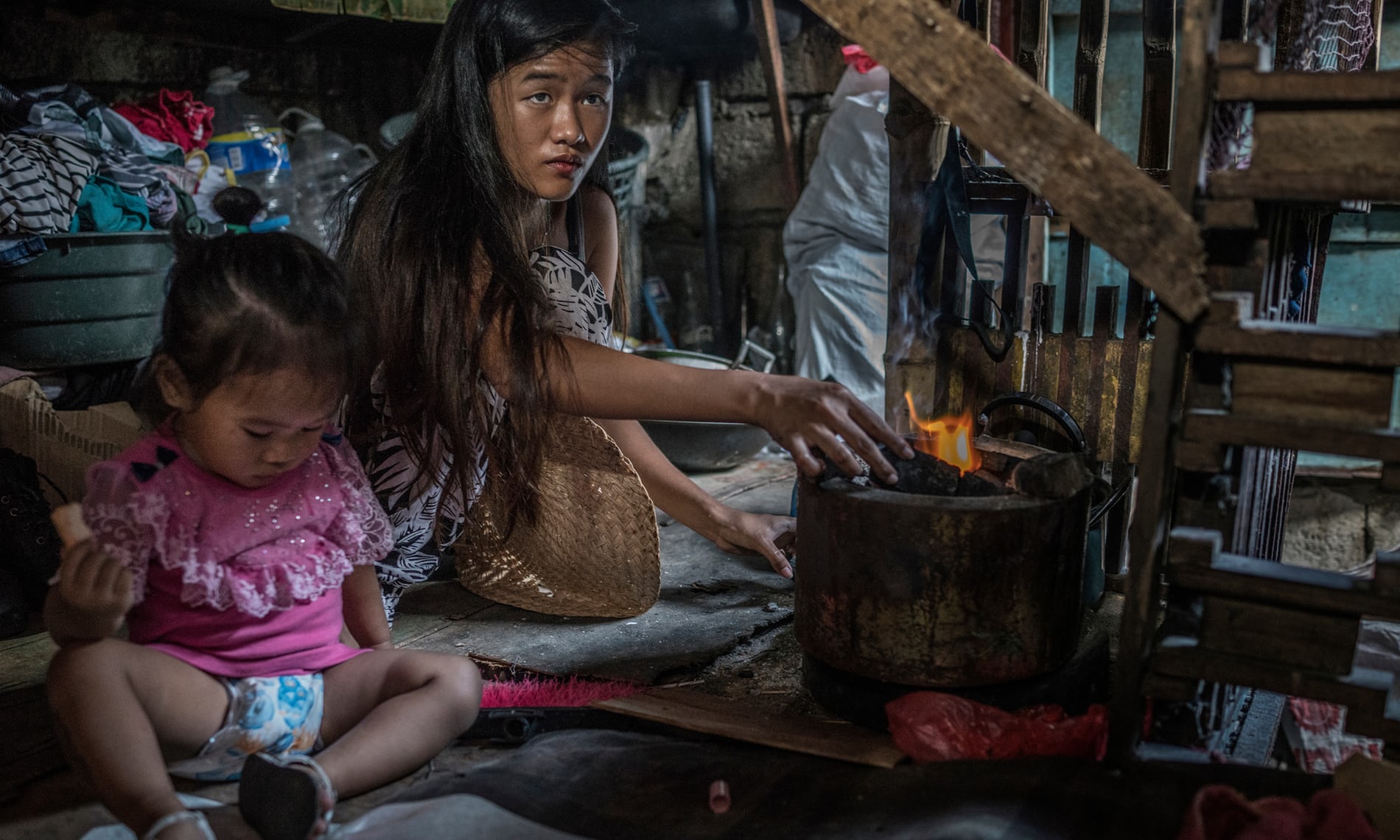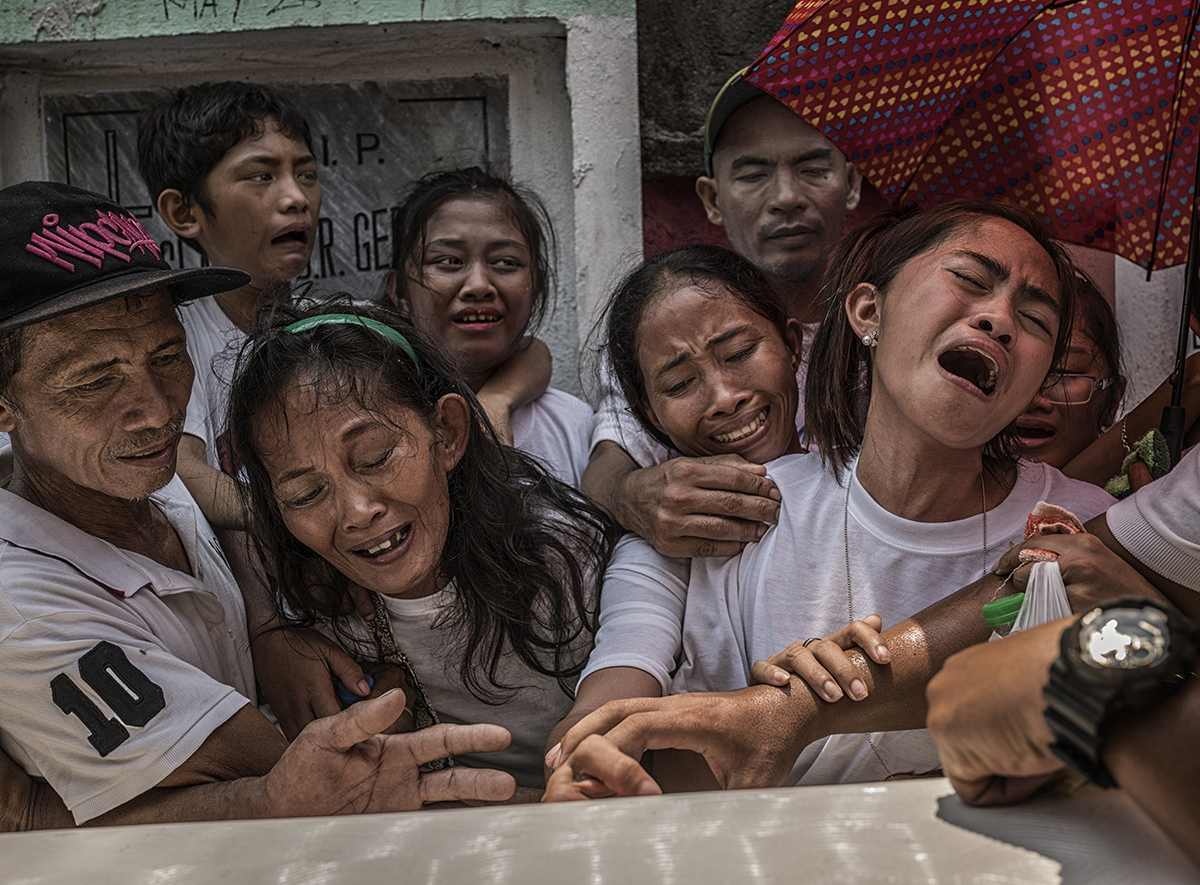
When he made a pitch for the presidency of the Philippines, Rodrigo Duterte made a bold promise to rid the streets of drug users and drug pushers in 3 to 6 months using a simple law enforcement strategy: kill them all.
Citizens cheered his uncompromising political will and with 16 million of their votes, the tough-talking, expletive-spewing Duterte was sworn in as the 16th president of the Philippines.
One year and more than 8,000 dead bodies later, the Duterte Administration has brandished its War on Drugs as the crowning accomplishment of his government and promises that the bloodletting will continue until "the last pusher is under the ground."
Judging by his approval ratings that still hover over 80 percent, Duterte remains wildly popular among Filipinos. But on the streets and in the dark corners, there are whispers of fear, outrage and stifled grief.
In the urban slum communities where mostly poor young men suspected of dealing or doing drugs have been gunned down, the collective mourning of mothers, wives and sisters is simmering into resistance. Finding their strength in their growing number, women are galvanizing families of victims to come together to pray, to reminisce about the loved one they lost and to grieve.
Their growing whispers are still drowned out by Duterte supporters and his on-line army of social media personalities who have followings of over more than 5 million people. From being keyboard supporters, their sphere of influence has moved from the virtual world to government policy. Two of them have been awarded government postings.
Journalist Ana Santos and photographer James Whitlow Delano report from a divided Philippines, where the country itself may be the biggest casualty of Duterte's War on Drugs.













